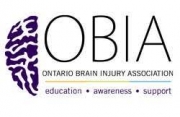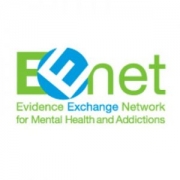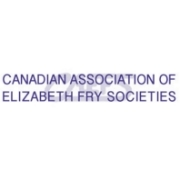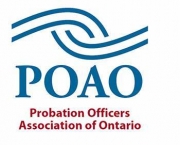Integrating Brain Injury, Mental Health, and Addictions
This three year, multi-site research project is focused on closing knowledge gaps, and engaging with decision makers to integrate services for men and women with traumatic brain injury (TBI) and mental health and/or addictions (MHA) through four inter-related aims and innovative arts-based knowledge transfer activities.
Aim 1
Aim 1 focuses on the impact of a concurrent TBI on system level outcomes among individuals with a MHA. These include: Repeat non-urgent emergency department visits; rehospitalizations; and alternate level of care days.
Anticipated Impact: Policy-relevant population-based data for decision-makers and healthcare professionals to direct resources to meet health service needs at the system level
Leads: Robert Balogh & Vincy Chan
Aim 2
Aim 2 will determine the extent to which adults and/or their child(ren) with a self-reported TBI and MHA use health services, including barriers and facilitators to accessing services, and the types of services used.
Anticipated Impact: Equitable access to healthcare for individuals living with a MHA and TBI by identifying publicly funded health services that are currently used and the facilitators and barriers to health service use at a population level
Leads: Vincy Chan & Robert Mann
Aim 3
Aim 3 seeks to identify the critical characteristics of housing support services for individuals with a concurrent TBI and MHA.
Anticipated Impact: Design of appropriate housing models for individuals with MHA and TBI at risk of homelessness to ultimately expand housing support to provide this population with a stable place to live
Leads: Bonnie Kirsh & Emily Nalder
Aim 4
Aim will identify gaps in knowledge and practice among front-line staff, service providers, and decision-makers regarding criminalized men and women and women survivors of intimate partner violence with a TBI and MHA
Anticipated Impact:Create gender-sensitive education and knowledge translation materials to illustrate best practices for effective communication and interaction
Leads: Angela Colantonio, Lin Haag, Flora Matheson, Catherine Wiseman-Hakes
Knowledge Translation
The knowledge translation component will take a validated participatory action research/collective impact approach with persons with lived experience, caregivers, and service providers.
Products to be developed and shared with government, patients, families, caregivers, and service providers will include fact sheets, infographics, peer-reviewed publications, presentations, and research informed animation videos.
Leads: Pia Kontos and Alisa Grigorovich
Funded by
The Ontario Ministry of Health and Long-Term Care, Health System Research Fund program

Partner agencies and institutions

![]()








![]()
![]()
![]()
